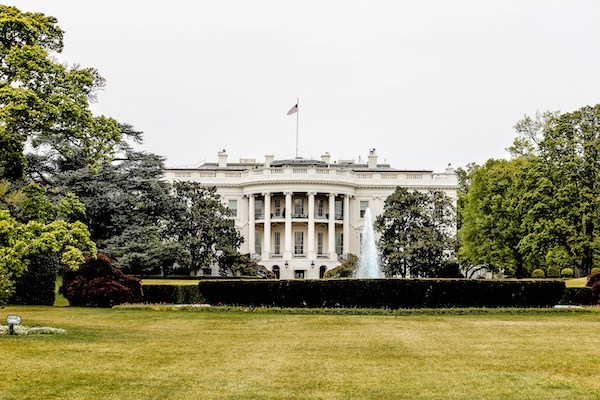Donald Trump’s victory in the 2024 presidential election has prompted broad speculation about the future of K-12 and higher education.
“In his first term, Trump didn’t put much attention or political muscle behind his sweeping conservative wish list of a K-12 agenda,” Alyson Klein writes in a Nov. 6 story for Education Week. “Since leaving office in 2020, Trump has aligned himself with parent activists focused on fighting what they describe as ‘woke indoctrination’ in public schools. He’s pitched K-12 policies that even some of his staunchest supporters find unworkable, such as allowing parents to directly elect their schools’ principals.”
“Notably, Trump has repeatedly called for abolishing the U.S. Department of Education, labeling it federal overreach. … Congressional approval would be needed to eliminate the department, but Trump could reflect his priorities for change immediately through the federal budget proposal he submits early in 2025,” Naaz Modan writes in a Nov. 6 story for K-12 Dive.
Modan adds, “It’s likely under a second Trump presidency that school choice will expand. Trump has called for universal school choice, including options allowing families to use public funds for private schooling for their children.”
“A second Trump administration will likely ramp up scrutiny of colleges and universities and empower advocates for sweeping reform of the sector during a historically unstable time for American higher education,” Liam Knox writes in a Nov. 6 story for Inside Higher Ed. “Higher education consumed comparatively little oxygen during Trump’s first term … [and he] didn’t make higher education a primary focus of his 2024 campaign, either.
“But in the intervening four years, political battles over higher ed have intensified, and high-profile campus issues — like diversity, equity and inclusion initiatives and campus protests — are increasingly central to the Republican party’s national messaging. Trump himself has repeatedly asserted that American universities are run and staffed by ‘Marxist maniacs’ and vowed to root out alleged left-wing ideological bias that he says threatens free speech.”
Reacting to the 2024 election results, AFT President Randi Weingarten noted in a Nov. 6 press release that “our opportunity engines — labor unions and public schools — remain popular and enduring. It means we must fight for the means and agency to secure a better life, and that public education and a growing labor movement are more important than ever. For example, while Trump won Kentucky, the ballot initiative there to destroy public schools lost.”
Weingarten added, “Educators, health care professionals and public employees will be doing everything they can to make a difference in the lives of the people they serve. And our guiding principle will be to continue to do the work to improve people’s lives: to fight for our children’s future and the promise of America.”



